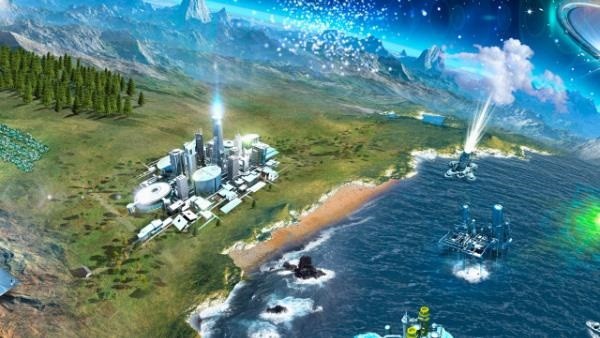Dr. Camilo Mora and colleagues at the College of Social Sciences’ Department of Geography at the University of Hawaii at Manoa reported the development of a new index of the time frame when climate change will produce a radically different climate in all parts of the world, issue of the journal Nature.
The index the scientists developed is a synthesis of the data produced by 39 models constructed by 21 climate centers in 12 different countries. The research considers the amount of carbon dioxide absorbed by the world’s oceans, the pH changes in the oceans, changes in precipitation patterns, and changes in ocean temperatures.
The data analysis predicts dramatic climate change as early as 2047 if the use of fossil fuels remains the same as present levels. Even with an unprecedented effort to reduce carbon dioxide levels, the climate upheaval will only be delayed until 2069.
The scientists predict that the tropics will be the first region on Earth to experience a dramatic climate change in the near future. The number of people who will experience loss of livelihood and displacement is estimated to be as many as five billion with no change in the present rate of use of fossil fuels. The majority of nature preserves on land and in the oceans of the tropics and the animals that live in these areas are expected to be virtually obliterated by climate change.
The researchers offer little hope for world government action to address carbon dioxide emissions in a sufficiently timely manner to avoid a climate catastrophe in only 34 years.















